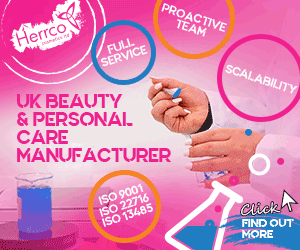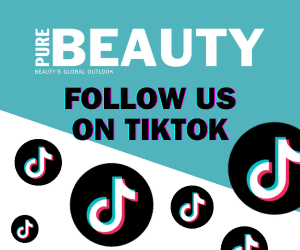Two thirds of women are demanding greater transparency when it comes to ‘clean’ beauty products, a new study has found.
The survey, carried out by Influenster and Bazaarvoice, revealed that more than 60% of women believe beauty brands that claim to be ‘clean’ do not detail why.
And with 90% inclined to buy beauty products that are ‘clean’, according to the findings, this is causing women to rely on fellow consumers for product information.
More than 30% of women surveyed were found to turn to other consumers for product reviews, while 26% use social media and a quarter look for answers from Google.
“While the beauty industry is technically self-regulated when it comes to ‘clean’ products, retailers are struggling to find a consistent set of standards to provide consumers with a full understanding of ‘clean’ beauty,” said Bazaarvoice’s Senior VP of Marketing Suzin Wold.
“As a result, women are turning to other women to learn from ‘like me’ product reviews and social media posts.”
Despite shifts in beauty shopper behaviour during the coronavirus pandemic, 43% of consumers are still prioritising ‘clean’ beauty for some purchases, according to the study.
In response, Wold also said that during the crisis, brands must be more open with consumers in order to support informed choices.
“If brands can communicate that their products are good for the environment they can win loyalty, not just during the pandemic but beyond and tap into the community of ‘clean’ beauty customers who are spreading the word about these products,” Wold added.
‘Clean’ beauty is defined by The Clean Beauty Box as products that are mindfully created and do not contain any suspectly, or confirmed, toxic ingredients.




